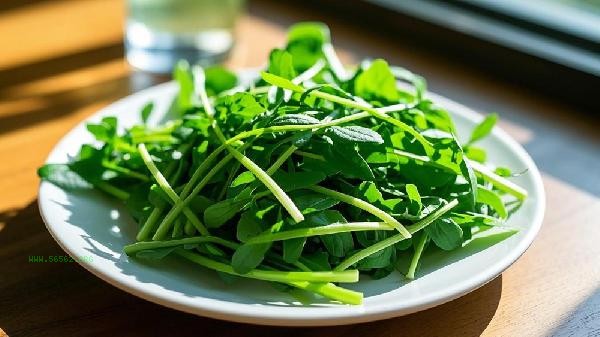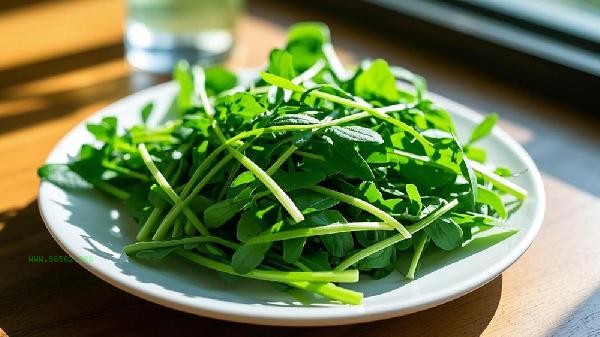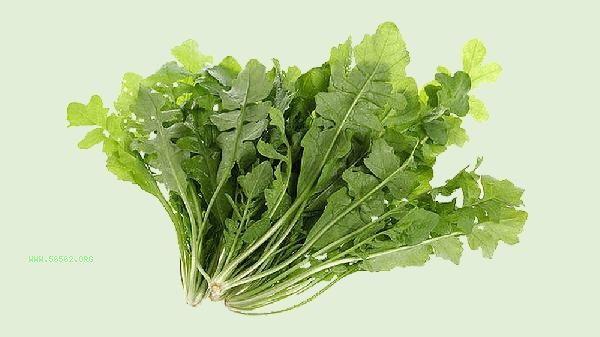People with sensitive digestive systems, allergies, pregnant women, liver and kidney dysfunction, and those taking specific medications should not consume wild vegetables. Wild vegetables may contain allergens, alkaloids, or ingredients that interact with drugs. Improper consumption may cause gastrointestinal discomfort, allergic reactions, or increase liver and kidney burden.

1. Digestive system sensitive individuals
Wild vegetables have a higher content of crude fiber, which may irritate the gastrointestinal mucosa. Patients with chronic gastritis and irritable bowel syndrome are prone to bloating and diarrhea after consumption. Some wild vegetables such as dandelion and purslane contain organic acids, which may cause acid reflux when consumed on an empty stomach. It is recommended to choose tender leaf parts and blanch them thoroughly to reduce irritation to the gastrointestinal tract.
2. Allergic constitution
Wild vegetables such as shepherd's purse and ferns contain special proteins that may cause urticaria or respiratory allergies. People with a history of hay fever and allergic rhinitis are more likely to develop cross allergies. When trying new types of wild vegetables for the first time, a small amount should be tested. If there is skin itching or numbness in the lips, it should be stopped immediately.
III. Pregnant Women
Some wild vegetables such as purslane and motherwort may stimulate uterine contractions. Wild ferns containing original fern glycosides have potential teratogenic risks. Digestive function is weakened during pregnancy, and oxalic acid in wild vegetables may affect calcium and iron absorption. Suggest choosing cultivated vegetable varieties as substitutes to ensure safe nutrient intake.

4. Patients with liver and kidney dysfunction
Wild vegetables such as spinach and amaranth are rich in potassium, which may cause hyperkalemia in patients with renal failure. When liver metabolic function is impaired, it is difficult to break down alkaloids in wild vegetables. Long term consumption in large quantities may increase organ burden, and this group of people should prioritize choosing conventional vegetables with low potassium and low oxalate.
V. Individuals taking specific medications
During warfarin anticoagulant therapy, consuming wild vegetables rich in vitamin K, such as shepherd's purse, may affect the efficacy of the medication. Diuretics taken together with high potassium wild vegetables can easily cause electrolyte imbalances. When taking immunosuppressants, the immune system is weakened, and the soil microorganisms carried by wild vegetables may increase the risk of infection. It is recommended to consult a physician before medication to clarify dietary taboos.

Wild vegetable picking should avoid pollution sources, as wild vegetables near highways and industrial areas may accumulate heavy metals. Before consumption, soak and blanch to remove some oxalic acid and nitrite. The general population is recommended to consume no more than three times a week, with each consumption limited to 100 grams. If discomfort symptoms such as nausea and rash occur, seek medical attention promptly and keep wild vegetable samples for diagnosis. Chronic disease patients can receive regular nutrition consultations and develop personalized plans for consuming wild vegetables.









Comments (0)
Leave a Comment
No comments yet
Be the first to share your thoughts!